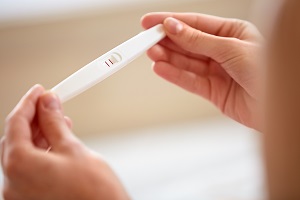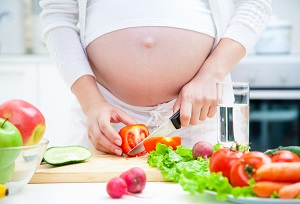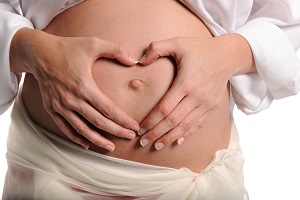Dr. Priya Kadam has developed a genetic sequencing test that promises to double the IVF success rate. In adult women there is a high number of gestations that ends after 6-7 weeks, due to chromosomal defects.
The test promises to identify them, so as to choose the embryos that are most likely to arrive at the end of gestation. That of Dr. Kadam is a pre-implantation test, which must be done on embryos obtained with IVF before implanting them in the womb.
The test looks for possible chromosomal defects, thanks to a sequencing technology that controls all 46 chromosomes in a short time. With this simple technique, the success rate has risen from 36% to 73%.
The technique is designed especially for these categories of women:
- over 35 years, more prone to chromosomal abnormalities;
- with many failed implantation attempts at the back;
- with many spontaneous abortions at the shoulders;
- having a history of chromosomal defects in the family;
- carriers of chromosomal defects.
Genetic sequencing reduces the number of cycles required to achieve pregnancy. Furthermore, it reduces the number of embryos that need to be implanted in order for one to take root. This results in far lower costs as well as lower emotional impact for couples seeking a child.
Source: deccanchronicle.com
Add a comment





